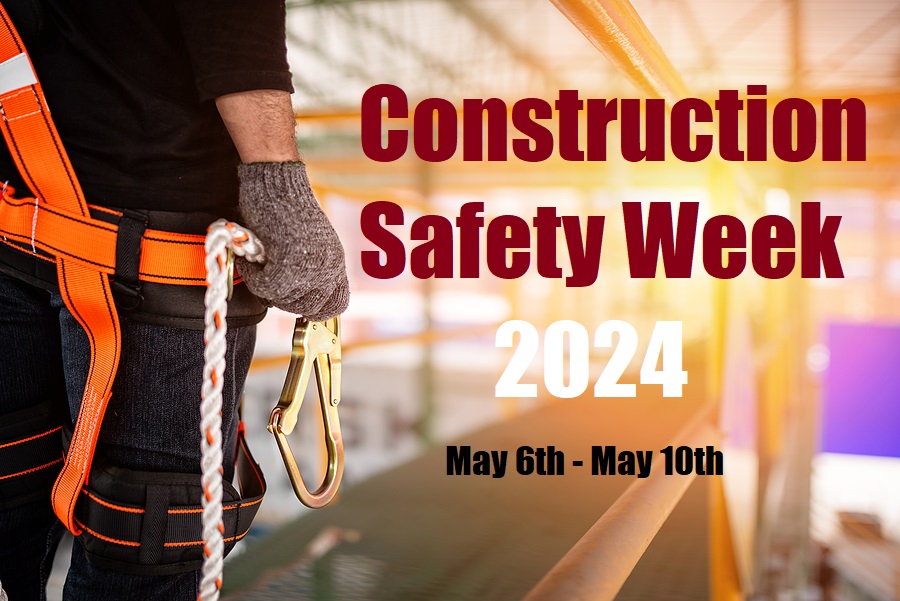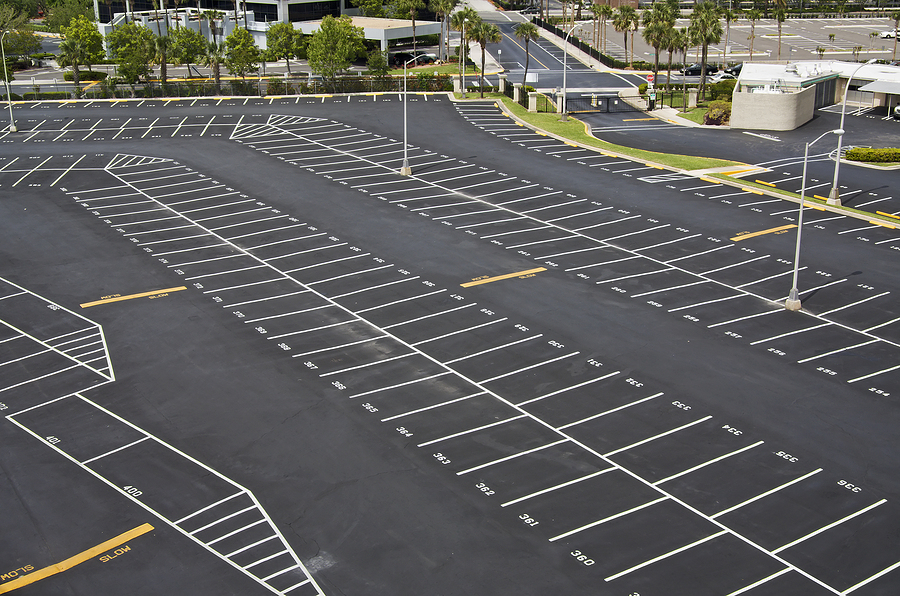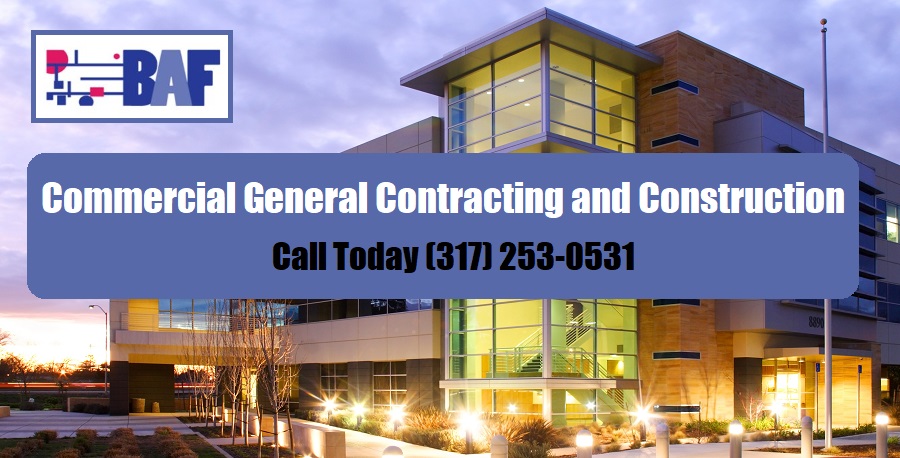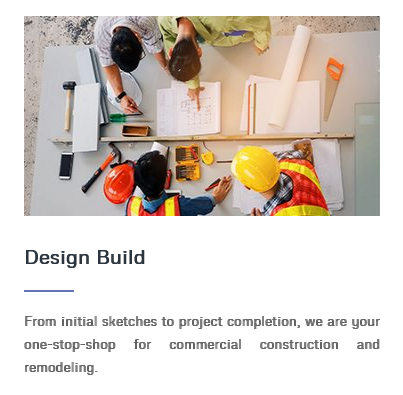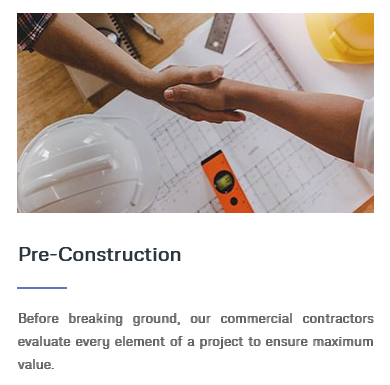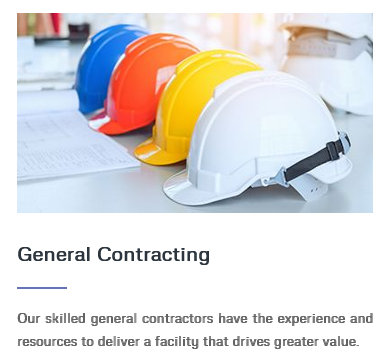In the world of construction and renovation, the role of a construction manager is indispensable. From ensuring projects run smoothly to managing costs and timelines, a construction manager is a linchpin in the building process. Business owners, renovation seekers, commercial remodeling seekers, real estate developers, and commercial building owners will find immense value in understanding why a construction manager’s expertise is crucial. This blog post explores the importance of a construction manager, detailing their role, responsibilities, and the myriad benefits they bring to the table.

Construction Managers: The Hidden Heroes of Construction Projects
In today’s fast-paced construction landscape, having a capable construction manager is more critical than ever. Whether you’re embarking on a small renovation or planning a large commercial project, the complexities involved can be overwhelming without the right expertise. A construction manager orchestrates every aspect of the project, ensuring all pieces come together seamlessly. This blog will walk you through why this role is essential for any successful construction endeavor.
Who is a Construction Manager?
A construction manager is the backbone of any construction project. They are responsible for planning, coordinating, budgeting, and supervising construction projects from start to finish. Typically, they possess a background in construction science, civil engineering, or architecture, coupled with years of hands-on experience.
Role and Responsibilities
Construction managers wear many hats. They oversee project planning, manage resources, handle budgeting, and ensure compliance with safety regulations. Their goal is to deliver the project on time, within scope, and on budget. Additionally, they liaise between various stakeholders, including architects, engineers, and clients, to ensure everyone is on the same page.
Qualifications
A construction manager typically holds a bachelor’s degree in construction management, construction science, or a related field. Professional certifications like the Certified Construction Manager (CCM) or Project Management Professional (PMP) add to their credibility. Hands-on experience in the field is invaluable, providing practical insights that can’t be learned in a classroom.
The Importance of Construction Management Services
Enhancing Project Efficiency and Timelines
One of the primary roles of a construction manager is to enhance project efficiency. They meticulously plan each phase of the project, ensuring that tasks are completed in the correct order and on time. This level of planning helps avoid costly delays and keeps the project on track.
Cost Management and Budget Oversight
Cost overruns are a common issue in construction projects. A construction manager plays a pivotal role in managing the budget, keeping expenses under control while ensuring quality work. They negotiate with suppliers, optimize resource allocation, and identify cost-saving opportunities without compromising the project’s integrity.
Ensuring Quality and Safety Standards
Quality and safety are non-negotiable in construction. A construction manager ensures that all work meets the highest quality standards and complies with safety regulations. They conduct regular inspections, implement safety protocols, and address any issues promptly, ensuring the well-being of all involved.
Mitigating Risks and Overcoming Challenges
Construction projects are fraught with risks and challenges, from unexpected site conditions to supply chain disruptions. A construction manager is adept at identifying potential risks early and devising strategies to mitigate them. Their problem-solving skills ensure that challenges are addressed swiftly, minimizing impact on the project’s timeline and budget.
Key Skills and Traits of an Effective Construction Manager
Leadership and Team Management
An effective construction manager is a strong leader who can motivate and manage a diverse team. They foster a collaborative environment, ensuring that everyone works towards a common goal. Good leadership translates to higher productivity and better project outcomes.
Communication and Negotiation
Clear communication is vital in construction management. A construction manager must effectively convey information to various stakeholders and negotiate terms with suppliers and subcontractors. Their ability to communicate clearly and negotiate effectively can make or break a project.
Technical and Industry Knowledge
A deep understanding of construction techniques, materials, and industry standards is essential for a construction manager. Their technical expertise allows them to make informed decisions that enhance project efficiency and quality.
Problem-Solving and Decision-Making
Construction projects often encounter unforeseen challenges. A good construction manager is a skilled problem-solver who can think on their feet and make quick, effective decisions. Their ability to adapt and resolve issues ensures that the project stays on course.
Adaptability and Innovation
The construction industry is constantly evolving, with new technologies and methods emerging regularly. An adaptable construction manager stays updated with the latest trends and innovations, incorporating them into their projects to improve efficiency and outcomes.
How to Find the Right Construction Management Provider
Qualities to Look For
When selecting a construction management provider, look for qualities such as experience, reputation, and a proven track record of successful projects. Ensure they have the necessary qualifications and certifications, and check references to gauge their reliability and performance.
Selection Process and Best Practices
The selection process should involve thorough research and due diligence. Interview multiple candidates, ask for detailed proposals, and compare their approaches. Look for a provider who demonstrates a clear understanding of your project’s needs and can offer tailored solutions.
Conclusion
In conclusion, the role of a construction manager is vital in ensuring the success of any construction project. Their expertise in project planning, cost management, quality assurance, and risk mitigation makes them an invaluable asset. For business owners, renovation seekers, commercial remodeling seekers, real estate developers, and commercial building owners, leveraging the skills of a construction manager can lead to more efficient, cost-effective, and high-quality projects. If you’re planning a future construction project, consider the significant advantages of involving a skilled construction manager to oversee the process and drive your project to successful completion.
Are you trying to decide which Indiana commercial construction company to trust for your next build-out or renovation? Contact BAF Corporation at 317-253-0531 to speak with our seasoned construction management team about our general contracting services in Indianapolis, Indiana. We work with clients all throughout the state.
Related Posts:
Elevate Your Commercial Project with Expert Construction Management Services
Do I Need a Construction Manager for My Commercial Remodel?
Advice on Commercial Construction Budget Control and Management

